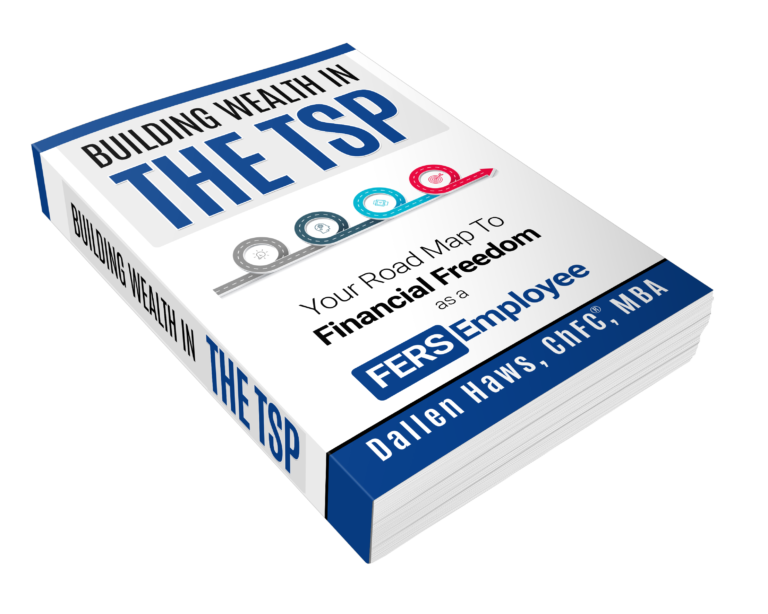Question 1
We all keep hearing about magic retirement dates for end of pay period, end of month, end of year…..but for a person not interested in nor planning to cash out annual leave and retire mid-year, the only minute reason might be having a couple of calendar days where a salary isn’t earned and paid, nor is the day part of the month in which retirement is paid. So for example a “non-magic” date of July 29, 2023, Monday July 30th and 31st would be unpaid / uncredited- but you’d be retired August 1st! Any thoughts on this?
Answer 1
There are certainly many reasons to retire at the end of the year, month, or pay period. They include getting the most out of your annual leave or getting a pension as soon as possible.
But with that being said, retiring exactly when you’d like to be retired is important as well. The most important thing is that you know what the pros and cons are for any given situation.
For example, the only reason we like to retire at the end of the month is because your pension always starts on the first day of the following month. So the closer we retire to the end of the month the smaller your income gap will be.
But if it is more important to you to retire at a specific time at the beginning of the month then it won’t be the end of the world. It just comes down to what your priorities.
Question 2
Does it make sense, if you can afford it, to double employee TSP contributions to reach the IRS contribution limit for a mid year retirement, say at the end of pay period 13 ( or end of June etc.) . It’s my understanding you can contribute up to all your take home in as many weeks as it takes to get to this limit for one calendar year (and only getting matching for that half of year).
Answer 2
This strategy can make a lot of sense to get as much into your TSP at the end of your career. For example, if you only have 13 pay periods in the year that you retire then you can contribute $2,000/pay period (assuming you’re over 50) to hit the annual TSP limit of $26,000.
But you are right that you’d only receive matching for half the year.
But I have to mention that you do not want to use this strategy if you are working the full year. Because if you hit the TSP annual contribution limit only 6 months through the year then you can’t put any more in for the rest of the year and therefore you’d be giving up your agency’s matching contributions for those pay periods that you don’t contribute.
Question 3
I am a federal employee who just turned 59 with 34 years of service. I plan to retire at the end of this year and pull from the 3 pots of funds, FERS, SS supplement and TSP. My husband, age 62, recently retired but passed away just 2 months after receiving his SS benefits. I understand that I can start collecting his SS at age 60 but my question is since I will not be 60 by the time I plan to retire, can I receive my federal employee SS supplement and then start to collect my husband’s SS Benefits when I turn 60.
Answer 3
You are in a unique situation but the short answer is that you can continue to collect your FERS supplement from that time you retire until 62 regardless of when you take your husband’s social security survivor benefits.
You are right that as early as age 60 you’d be able to start collecting social security benefits based on your late husband’s working record. And on top of that, you could choose to delay your own social security retirement benefits to as late as 70 at which point you’d switch from collecting your husband’s benefits to your own.


